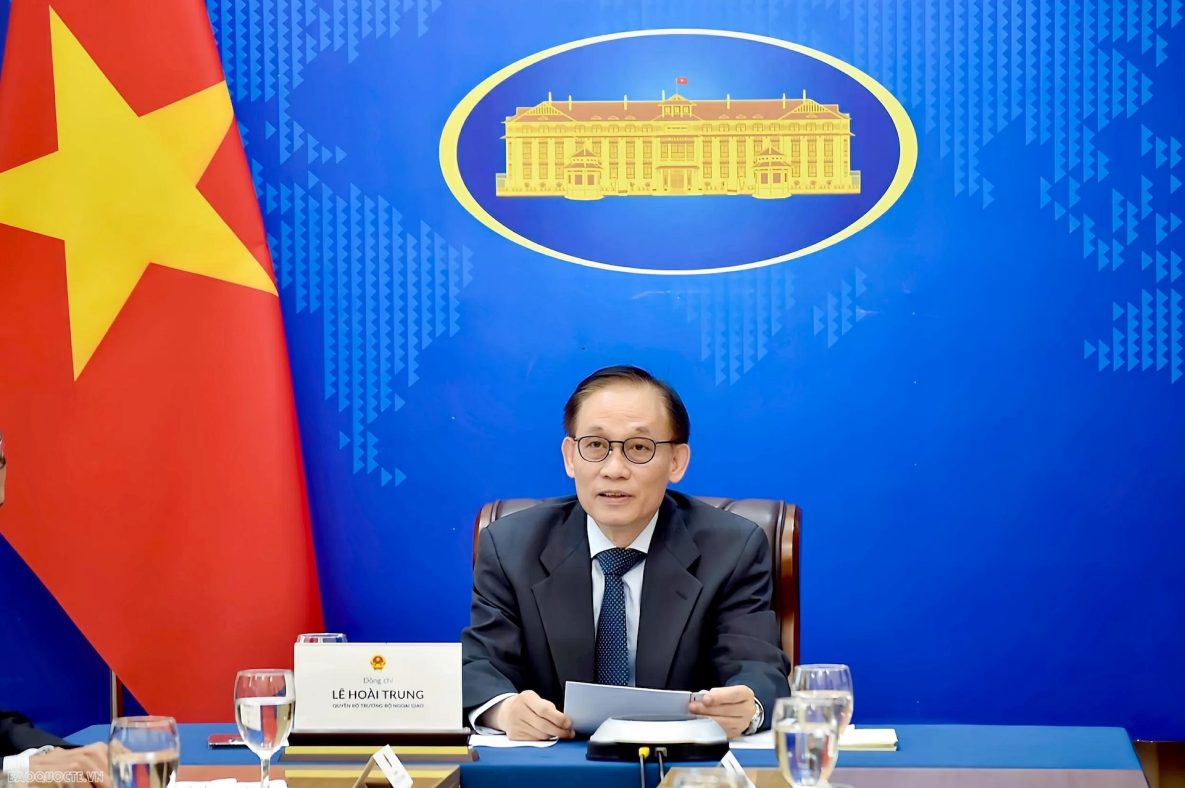Unifying Europe - How Serious Are We?
Few of the ambitious projects embarked upon by the European Union in the past half century have had the capacity to send the blood coursing through one’s veins as much as the goal of European unification. The enlargement of the European Union is a project genuinely touched by a sense of history. In the decade since the end of the Cold War, the prospect of unification has transformed the geo-politics of this continent and has inscribed itself indelibly in the consciousness of millions of peoples in central and Eastern Europe.
Until now however, there has been something unreal about the process of EU enlargement. The unification of Europe has been more a matter of high flown political rhetoric than of detailed, practical arrangements to ensure that enlargement actually happens. Only in the past few months have the negotiations between the European Union and the first six of the 12 applicant states arrived at the critical core issues which will determine the success or failure of the entire project.
No one can legitimately claim that the Union lacks ambition in agreeing, at the European Council meeting in December, to open negotiations with a second group of six candidate states. Indeed the move makes a great deal of sense in that it offers the prospect for neighbours such as Slovakia as well as the Baltic states of Latvia and Lithuania, to catch up with “first wave” aspirants such as the Czech Republic and Estonia. But in opening no less than 12 separate accession negotiations, the capacity of the EU itself – and most especially that of the Commission – will be stretched to the limit.
Nor will this be the end of the story. Other countries – notably in south eastern Europe where recovery from the Balkan wars has only just begun – have made no secret of their aspiration to join the European Union. Croatia, which appears to have made the essential transition to a pluralist democracy, may be the next candidate to seek membership. Turkey has been recognised as a candidate as well. Even among those countries in western Europe, such as Norway and Switzerland, which have in the past decided to opt out of EU integration, there are some signs that there may be second (or third) thoughts.
Joining the EU has sometimes, quite wrongly, been compared to joining other international organisations such as NATO. But to become a member of the European Union is to accept an enormous corpus (more than 80,000 pages to date) of political, legislative and legal obligations, one which is continuing to grow each year. The responsibilities which candidate countries undertake as EU members are breathtaking. Both sides have an essential interest in ensuring that the newcomers have the capacity (political, administrative and judicial) to meet those obligations.
That is why there is so much emphasis on the candidates taking the structural decisions now which maximise the benefits and minimise the costs of accession. Whatever the problems still to be tackled (many of which will be examined in this issue of Challenge Europe) there is no denying the impressive progress which most, though not yet all, of the candidates have made in starting to close the gap with the existing EU Member States.
Already in some of the key accession states economic growth is faster than the EU average. Countries such as Hungary, Slovenia, Estonia and Poland show impressive potential to become a key force in the economic development of the European Union as a whole in the years ahead. More people are returning to work in these countries than are emigrating, thus putting into perspective the absurd nightmares of mass migration peddled by populist and xenophobic politicians in some EU states.
Of course a sensible timetable must be worked out for the admission of the aspirant Member States. There are some indications that as many as 10 of the 12 candidates may be admitted by 2004 or 2005 with B ulgaria and Romania to follow (possibly with others) later in the decade. But it is unlikely that the frontiers of a united Europe will be finally set until the second decade of the new century.
Already this prospect raises the crucial question: what will be the nature of the links between the Union and its European neighbours who will not become full EU members? Turkey’s final status remains unclear but the question will also be posed in the case of Ukraine, (a future democratic) Belarus and above all Russia. That is why in this issue of Challenge Europe we also raise the question of the future character and institutional architecture of the relationship between a united Europe and its neighbours.
To portray the enlargement process in this way, however, makes one enormous and highly questionable assumption. Is the European Union itself remotely in a position to successfully absorb what may prove to be a doubling of its present 15 members? If it is not, then the very goals of European unification – the security, democratic stability and economic prosperity of its peoples – may become the cause of insecurity, political fragmentation and economic dislocation.
Such a nightmare scenario cannot be entirely ruled out. Firstly, the negotiations may fail because the EU is perceived to be defending its sectional interests to the point where it effectively shuts the door on the newcomers. The reaction in the candidate countries could give nationalists and xenophobes a terrible new lease of life. That could all too easily be a recipe for the region turning in on itself and re-igniting the sleeping monsters of aggressive nationalism.
Alternatively, enlargement may proceed apace but with the European Union itself in no institutional shape to cater for 400 million people in 30 or more Member States with a rich diversity of cultural, linguistic, social, regional and other interests. That could all too easily be a recipe for decision making paralysis. With the EU unable to meet the expectations of either its existing or its new citizens, a massive crisis in the whole process of European unification and integration would be inevitable.
That is why the current debate on EU institutional reform is so important – and so dispiriting. There are few signs that our political leaders are remotely ready to accept the degree of reform in the way the Union takes its decisions or is accountable to its citizens that is needed if enlargement is to succeed.
Advocates of radical reform (including the issues debated in the last issue of Challenge Europe) are sometimes traduced as being indifferent or even hostile to enlargement. In truth, the opposite is the case. Those who believe that the unification of democratic Europe is an historical duty are most insistent on transforming the Union in ways that ensure this can actually happen.
I am very pleased with the quality and diversity of the distinguished contributions to this enlargement-focussed issue of Challenge Europe. It is very heartening to know that in this way we can make a practical contribution to the debate on European Union enlargement which is now beginning to assume real urgency throughout the whole of Europe.
, Director, EPC
For an in-depth analysis, see The European Policy Centre Challenge Europe:



